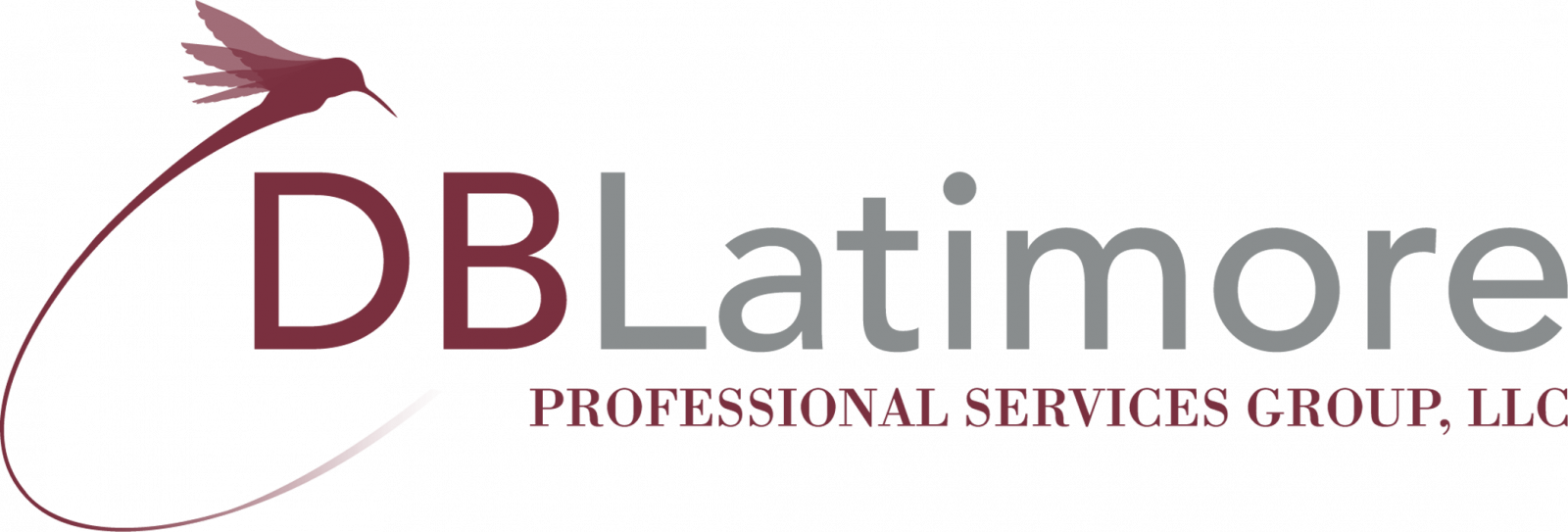In today’s rapidly evolving business landscape, fostering a sense of inclusion and belonging has become crucial for organizational success. Genuine inclusion goes beyond buzzwords and diversity quotas; it’s about cultivating a workplace where every employee feels valued, respected, and empowered to contribute their unique talents and perspectives. Achieving this requires more than policy changes; it demands a cultural shift, strategic efforts, and a commitment to continuous improvement.
At the core of genuine inclusion is the recognition and appreciation of diversity in all its forms—race, gender, age, sexual orientation, disability, background, and thought. True inclusion involves creating an environment where differences are not just tolerated but celebrated, and where every employee has equal access to opportunities for growth and advancement. It’s about dismantling systemic barriers and addressing unconscious biases that can hinder the full participation of all team members.
Drawing from principles outlined in the book Designing for Belonging by Susie Wise, the concept of belonging emphasizes creating spaces and experiences where everyone feels they are an integral part of the community. This means ensuring that every individual feels seen, heard, and respected. Belonging involves more than just physical presence; it is about emotional and psychological safety and the assurance that one’s contributions are valued.
Building an open and supportive culture is a critical first step toward genuine inclusion and belonging. Leadership plays a pivotal role in setting the tone by demonstrating inclusive behaviors and making inclusion a core organizational value. Leaders should actively seek out diverse perspectives and encourage open dialogue. When employees feel that their voices are heard and their contributions matter, it fosters trust and a profound sense of belonging.
Inclusion also necessitates the implementation of equitable policies and practices. This includes diverse hiring practices, fair performance evaluations, and career development opportunities accessible to all. Organizations should regularly review their policies and procedures to ensure they are inclusive and address any disparities. Training programs on diversity, equity, and inclusion (DEI) can help raise awareness and equip employees with the skills needed to support these initiatives.
Creating spaces for collaboration and connection is essential for fostering inclusion. Employee resource groups (ERGs) and affinity networks provide support and advocacy for underrepresented groups. These networks not only help individuals feel more connected but also offer valuable insights to the organization on how to improve inclusivity. Mentorship and sponsorship programs can significantly impact career development, providing guidance and opportunities for growth to those who might otherwise be overlooked.
The physical and virtual workplace environments should also reflect inclusivity and foster a sense of belonging. This means ensuring that office spaces are accessible to everyone and that remote work setups accommodate diverse needs. Technology can support inclusion efforts by enabling remote collaboration tools and using platforms that support diverse communication styles and accessibility requirements.
Measurement and accountability are key components of genuine inclusion and belonging. Organizations should set clear DEI goals and track progress over time. Regularly collecting and analyzing data on workforce demographics, employee engagement, and inclusion metrics can help identify areas for improvement and hold the organization accountable for its inclusion commitments. Transparency in sharing this data and the steps taken to address gaps can build trust and demonstrate a genuine commitment to inclusion.
Celebrating successes and learning from challenges is also essential. Recognizing and celebrating the achievements of diverse employees reinforces the value of inclusion and inspires others. At the same time, being open about challenges and setbacks shows a willingness to learn and grow. Inclusion is a journey, not a destination, and continuous effort is needed to sustain progress.
In conclusion, fostering a sense of inclusion and belonging in the workplace is about creating an environment where every employee feels valued and empowered to contribute. It requires a cultural transformation, strategic policy implementation, and continuous dedication. By cultivating an inclusive culture, enacting equitable practices, and maintaining accountability for progress, organizations can harness the full potential of their diverse workforce. This leads to enhanced innovation, productivity, and success. Genuine inclusion and belonging are not just the right things to strive for; they are smart business strategies that benefit everyone.
ABOUT US
DB Latimore Professional Services Group, provides services that are tailored to the needs of an organization by utilizing our exclusive Productivity Powered by P.E.O.P.L.E.® framework. We provide leadership development that aligns with strategy by cultivating employee value — driving productivity that educates and empowers workforce longevity.
Make a change in your strategic approach to developing leaders for operational success.We encourage you to take action now! Engage with us today and allow our team to access and understand your environment to develop a customized plan for your organization. Schedule your consultation today.



